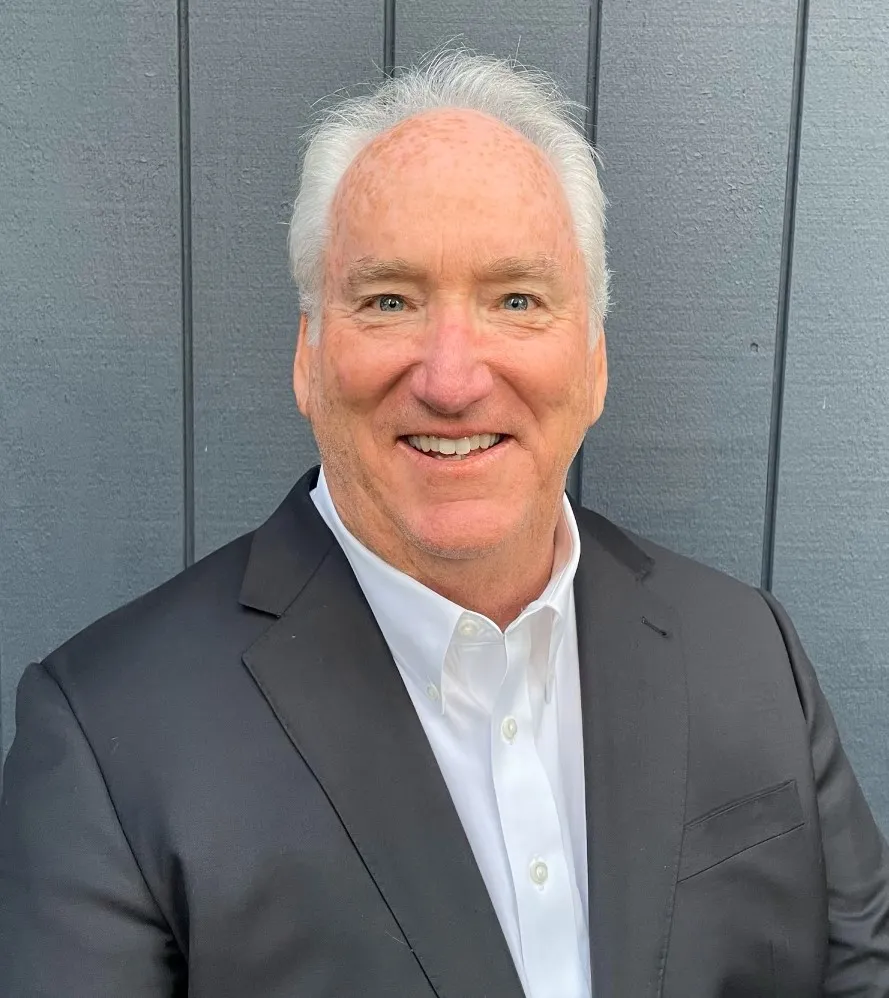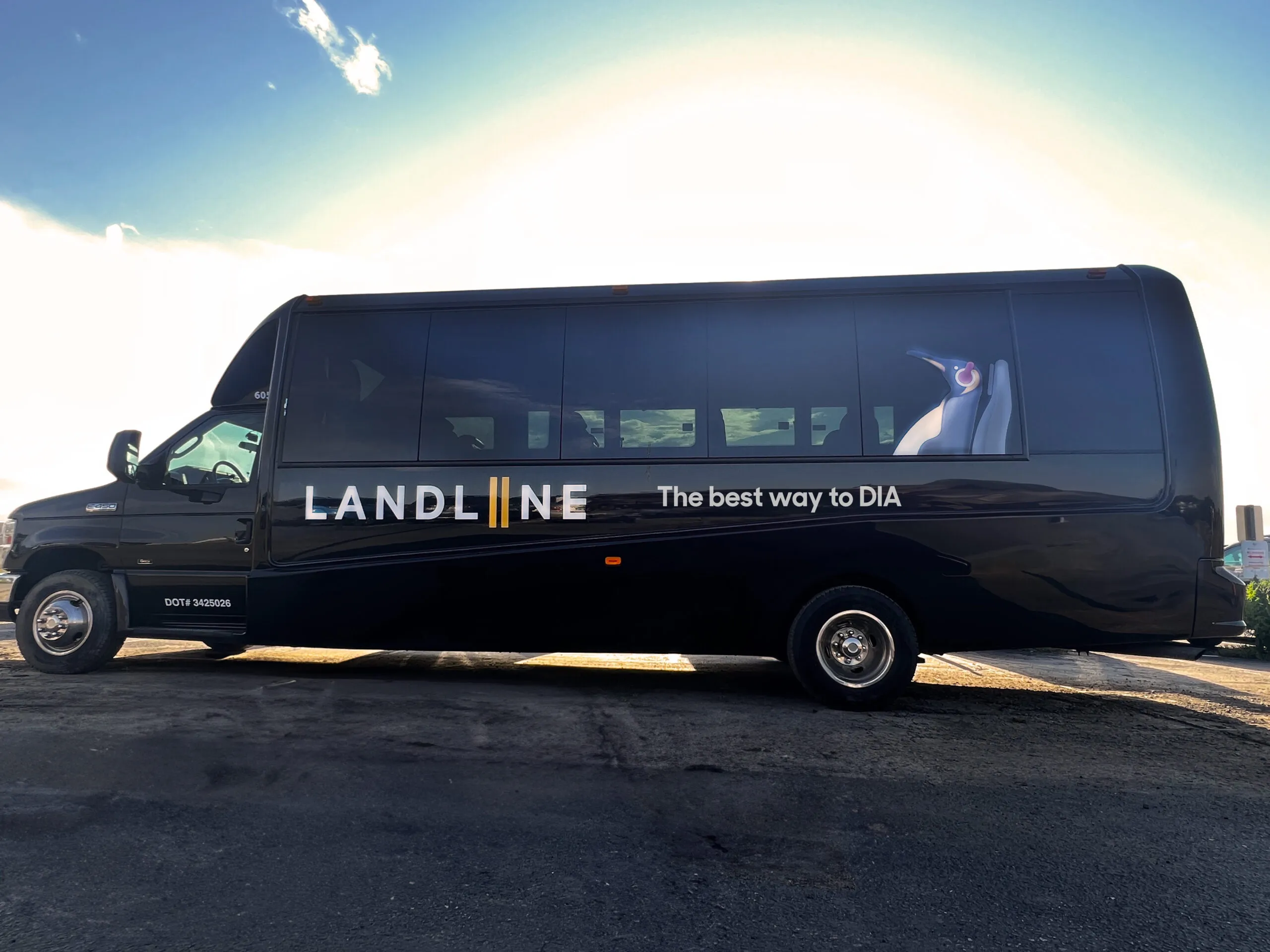Staffing issue to trim control-tower hours at Northern Colorado Regional Airport

LOVELAND — Reduced staffing at Northern Colorado Regional Airport’s remote tower will force corporate and general-aviation pilots to make takeoffs and landings without help from air traffic control for extended periods.
Francis Robbins, acting director of the airport that is jointly owned by the cities of Loveland and Fort Collins and designated FNL, said in an email to the airport’s governing commission that he had been informed by Serco North America, which employs the controllers at the airport’s mobile tower, that it intends to change the controllers’ hours of operations because only one staffer will remain employed there.
Beginning Aug. 12, Robbins wrote, that staffer will work only on Sundays and weekdays, arriving at 8 a.m., taking a required lunch break at noon, then working again from 12:45 p.m. until closing the tower early at 4:45 p.m. Those hours constitute the “maximum duty period for the controller,” he wrote, adding that “on Saturdays, the tower would be closed all day because of minimum rest periods.”
Because “a controller on duty can’t go beyond his ability to control aircraft, and we’ll have a single controller all day long,” Robbins told BizWest, only two or three aircraft can be in a holding pattern waiting to land at once, and “he may need to reduce that.”
That limitation would also likely drastically curtail the touch-and-go practices that flight schools conduct at the airport. “It is going to impact the ability for them to operate here,” he said, “but they do have the ability to use other airports as well.”
Robbins told BizWest that the airport would remain open during the non-controlled hours, but that pilots would need to use the Common Traffic Advisory Frequency on their aircraft radios to talk directly to each other instead of getting permission to take off or land from a controller.
The airport set up the temporary control center — known to local pilots as the “horse trailer” and supplied by Klamath Falls, Oregon-based Aegis ATC LLC — on the field in March 2020 and intended it to be 10 hours a day, seven days a week, with staff provided by Serco North America, a subsidiary of Serco Group PLC (LSP: SRP), a British public services provider and the federal contractor responsible for hiring controllers for small airports in the western United States.
Serco staffers also were helping the Federal Aviation Administration test an experimental virtual tower at FNL, which Robbins told BizWest on Monday is unstaffed at present.
The airport also has relied on controllers at Denver International Airport as well as pilots talking to each other by radio.
“I have reached out to Serco management to understand what led to this decision and to the FAA to identify alternatives to keep the high level of safe operations for the FNL airport community, including the air traffic controller assigned this heavy lift,” Robbins wrote to the commissioners.
To keep airport stakeholders informed, Robbins said, he has scheduled an in-person and virtual meeting for 3 p.m. Tuesday, July 23. “This last-minute staffing change was dropped on them as well,” he said.
In an email to BizWest on Monday afternoon, airport commission member Troy Krenning wrote that “it’s time to call an end to this experiment and get serious about pilot safety.”
Referring to the new airport terminal under construction at the airport in hopes of attracting the return of scheduled airline service, Krenning wrote that, “instead of building the terminal to nowhere, we should have been investing in a real air traffic-control solution. The past management and past airport commissioners have made a mess of FNL. It’s nothing short of a miracle along with the experience of the pilots and instructors at the airport that we have not had a major catastrophe.”
Scott Holst, general manager of the privately owned Discovery Air complex at the airport, agreed.
“This is exactly why we thought the CARES Act shouldn’t be wasted on a new terminal when we don’t have any tenants,” Holst said. “Because of a series of decisions, here we sit.”
Reduced staffing at Northern Colorado Regional Airport’s remote tower will force corporate and general-aviation pilots to make takeoffs and landings without help from air traffic control for extended periods.





